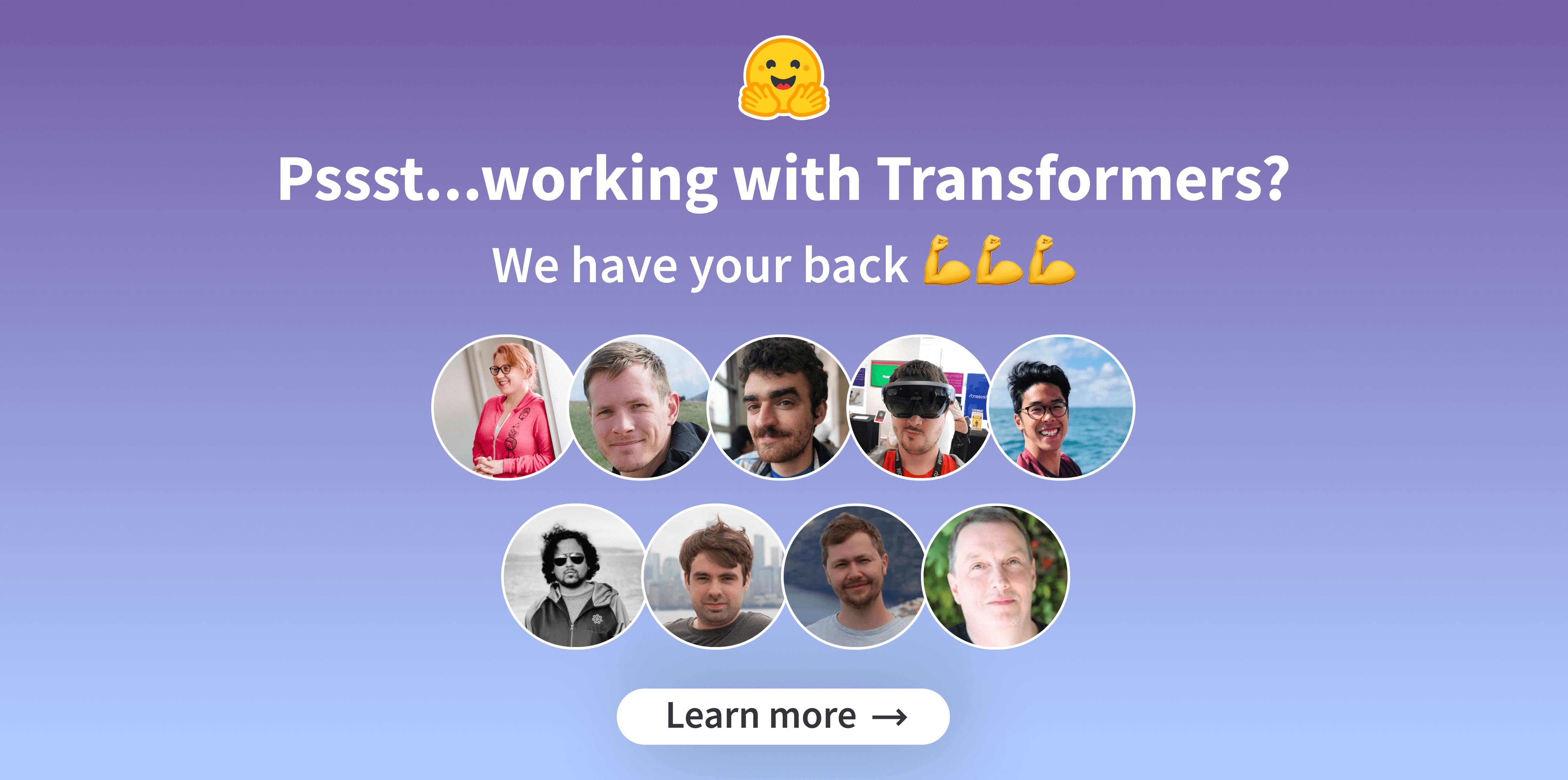* chore: initial commit * chore: adding imports and inits * chore: adding the causal and classification code * chore: adding names to the layers * chore: using single self attn layer * chore: built the model and layers * chore: start with testing * chore: docstring change, transpose fix * fix: rotary embedding * chore: adding cache implementation * remove unused torch * chore: fixing the indexing issue * make fix-copies * Use modeling_tf_utils.keras * make fixup * chore: fixing tests * chore: adding past key value logic * chore: adding multi label classfication test * fix: switching on the built parameters in the layers * fixing repo consistency * ruff formats * style changes * fix: tf and pt equivalence * removing returns from docstrings * fix docstrings * fix docstrings * removing todos * fix copies * fix docstring * fix docstring * chore: using easier rotate_half * adding integration tests * chore: addressing review related to rotary embedding layer * review changes * [run-slow] mistral * skip: test save load after resize token embedding * style --------- Co-authored-by: Matt <rocketknight1@gmail.com>
41 KiB
🤗 Transformers
State-of-the-art Machine Learning for PyTorch, TensorFlow, and JAX.
🤗 Transformers provides APIs and tools to easily download and train state-of-the-art pretrained models. Using pretrained models can reduce your compute costs, carbon footprint, and save you the time and resources required to train a model from scratch. These models support common tasks in different modalities, such as:
📝 Natural Language Processing: text classification, named entity recognition, question answering, language modeling, summarization, translation, multiple choice, and text generation.
🖼️ Computer Vision: image classification, object detection, and segmentation.
🗣️ Audio: automatic speech recognition and audio classification.
🐙 Multimodal: table question answering, optical character recognition, information extraction from scanned documents, video classification, and visual question answering.
🤗 Transformers support framework interoperability between PyTorch, TensorFlow, and JAX. This provides the flexibility to use a different framework at each stage of a model's life; train a model in three lines of code in one framework, and load it for inference in another. Models can also be exported to a format like ONNX and TorchScript for deployment in production environments.
Join the growing community on the Hub, forum, or Discord today!
If you are looking for custom support from the Hugging Face team

Contents
The documentation is organized into five sections:
-
GET STARTED provides a quick tour of the library and installation instructions to get up and running.
-
TUTORIALS are a great place to start if you're a beginner. This section will help you gain the basic skills you need to start using the library.
-
HOW-TO GUIDES show you how to achieve a specific goal, like finetuning a pretrained model for language modeling or how to write and share a custom model.
-
CONCEPTUAL GUIDES offers more discussion and explanation of the underlying concepts and ideas behind models, tasks, and the design philosophy of 🤗 Transformers.
-
API describes all classes and functions:
- MAIN CLASSES details the most important classes like configuration, model, tokenizer, and pipeline.
- MODELS details the classes and functions related to each model implemented in the library.
- INTERNAL HELPERS details utility classes and functions used internally.
Supported models and frameworks
The table below represents the current support in the library for each of those models, whether they have a Python tokenizer (called "slow"). A "fast" tokenizer backed by the 🤗 Tokenizers library, whether they have support in Jax (via Flax), PyTorch, and/or TensorFlow.